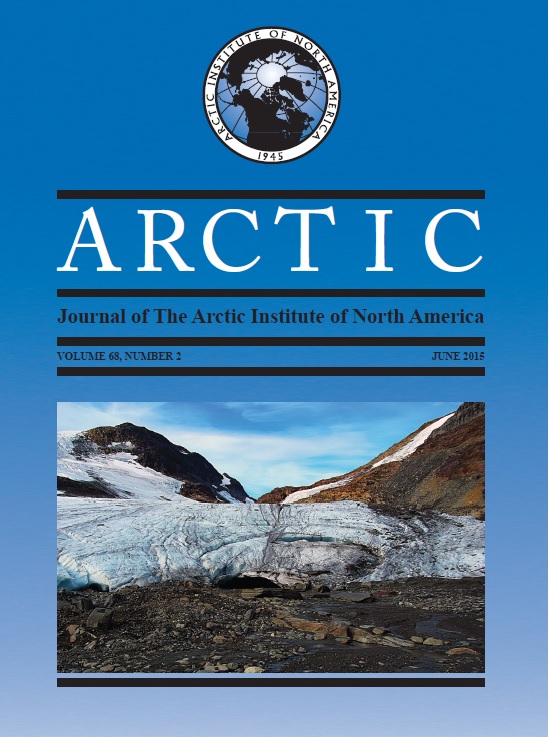Cultural Consensus on Salmon Fisheries and Ecology in the Copper River, Alaska
DOI:
https://doi.org/10.14430/arctic4482Keywords:
Alaska, Copper River, Pacific salmon, commercial fishing, subsistence fishing, cultural consensus analysis, Ahtna, local and traditional knowledge, fisheries managementAbstract
This study assessed levels of agreement in knowledge and opinions about salmon fisheries and ecology of the Copper River, Alaska, in three user groups: the Ahtna, an Alaska Native people indigenous to the upper river; commercial fishers who fish at the mouth of the river; and fishery managers and biologists with jurisdiction over the entire watershed. We anticipated that cultural background, academic training, long-term experience on the water, and spatial focus would be reflected in each group’s knowledge and opinions. Cultural consensus analysis showed agreement within each group, similar opinions between commercial fishers and managers and biologists, and distinct Ahtna opinions. Managers and biologists were the most cohesive group; they related to the entire watershed and relied on quantitative information as the basis for fisheries management. Ahtna focused on the upper river and incorporated observed long-term sociocultural, economic, and environmental changes into their opinions about the fisheries. Commercial fishers focused on the lower river and had strong familiarity with scientific principles of fisheries management. The similar views of commercial fishers and managers and biologists may result from the fact that commercial fishers’ economic success also depends on their understanding of fisheries management. To respond to socioeconomic and ecological sustainability issues, fisheries management would benefit from recognizing these perspectives and promoting participation of all stakeholder groups and effective communication among them.


